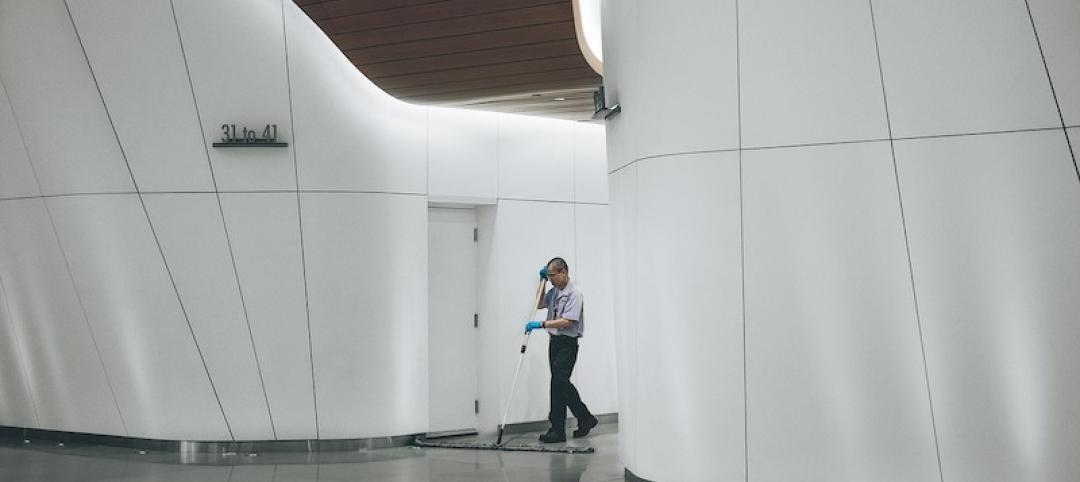Commercial property owners should commit to greenhouse gas (GHG) reduction—a strategy that reaps financial benefits and prevents buildings from becoming stranded assets, according to an energy efficiency consultant writing in GlobeSt.
A systematic drive to reduce emissions across the portfolio will garner savings on energy and water, as well as on levies for exceeding carbon emissions standards enacted by local governments. Decarbonization can avoid “stranded assets … properties that will be exposed to the risk of early economic obsolescence due to climate change because they will not meet future regulatory efficiency standards or market expectations.”
The first step is to set minimum standards for the entire portfolio and efficiency goals for individual properties. Portfolio standards could be performance based (e.g., 10% reduction of all assets by 2030), or prescriptive based (e.g., 100% LED lighting at all assets by 2025).
An energy and water audit, a comprehensive analysis of the property’s energy and water consumption using the ASHRAE Energy Audit Standards, should be conducted at each site. The audit measures energy and water usage, identifies property conditions that may cause excessive use, and provides efficiency measures to improve energy and water efficiency.
Other GHG reduction measures include building automation and controls, retro-commissioning, sourcing green energy from utilities, fully electrifying buildings, and integrating renewable energy systems into the property.
Related Stories
Codes and Standards | Jun 22, 2020
Natl. Renewable Energy Labs, Cold Climate Research Ctr. team up on extreme weather research
Focus on renewable power, sustainable transportation, energy efficiency, and energy systems integration.
Codes and Standards | Jun 19, 2020
Demand for family rentals expected to jump over next few years
Developers’ focus on single, urban millennials leaves family market underserved.
Codes and Standards | Jun 17, 2020
AIA offers retail and office 3D models for reducing risk of COVID-19 transmission
For modifying stores and offices with 17-point architectural, engineering, and administrative framework.
Codes and Standards | Jun 17, 2020
Santa Fe is second city in the world to achieve LEED v4.1 Gold
New Mexico community gained credits for resilience planning, including public health crises.
Codes and Standards | Jun 15, 2020
NSF International’s Checked by NSF program helps businesses reopen safely
Includes third-party validation of COVID-19 preventive measures.
Codes and Standards | Jun 15, 2020
Workers want policy changes before they return to offices
More office cleaning, work from home opportunities, and staying home when sick among the desired adjustments.
Codes and Standards | Jun 12, 2020
Carbon emission legislation prompts commercial real estate to innovate
Mass timber, augmented reality, and modular construction among the trends.
Codes and Standards | Jun 11, 2020
USGBC offers new pilot credit to address green cleaning and COVID-19
Provides guidance on cleaning and disinfecting buildings using green cleaning best practices.
Codes and Standards | Jun 10, 2020
AIA issues tools for reducing risk of COVID-19 transmission in buildings
Tailored strategies offered for offices, retailers, schools, and senior living facilities.
Codes and Standards | Jun 8, 2020
OSHA construction safety inspections fall 84% during COVID-19 pandemic
Agency focuses on preventing disease transmission in healthcare industry.

















